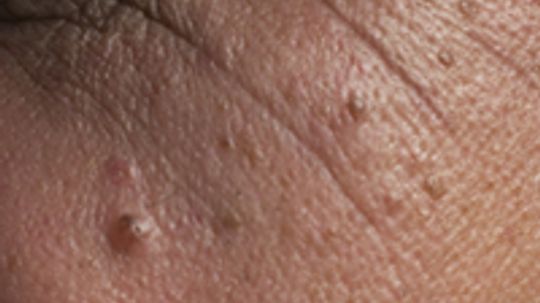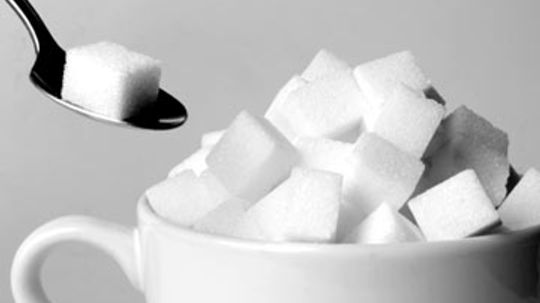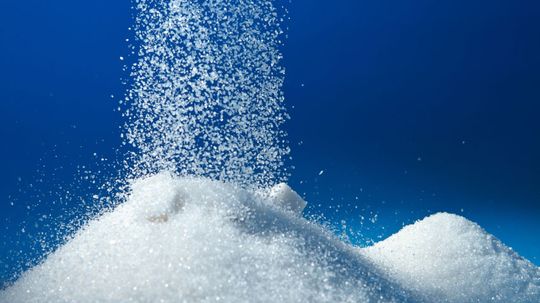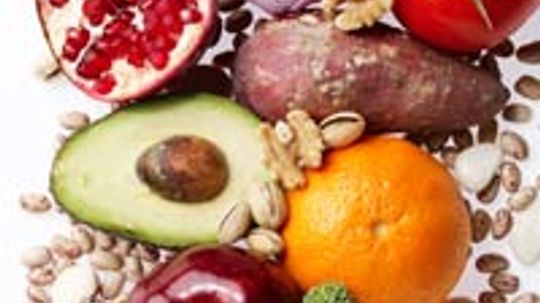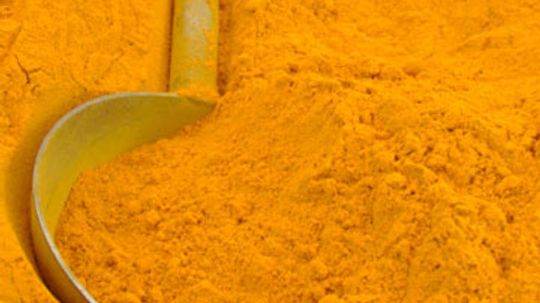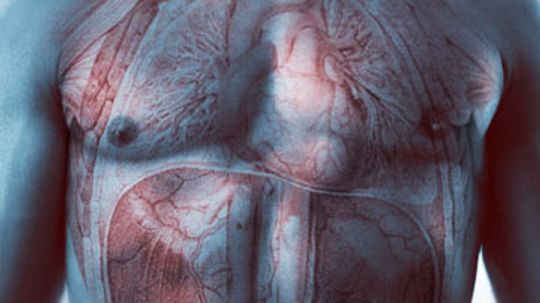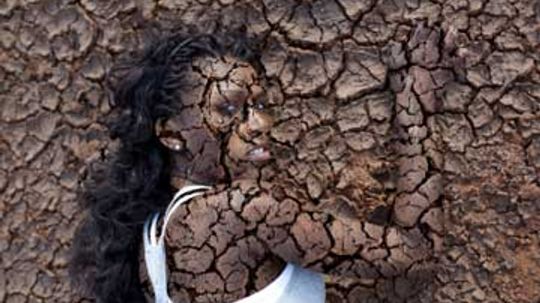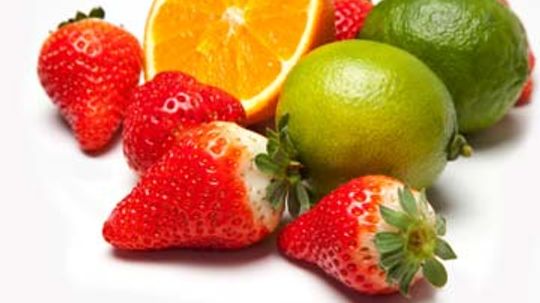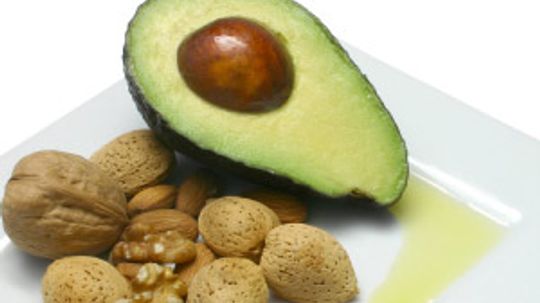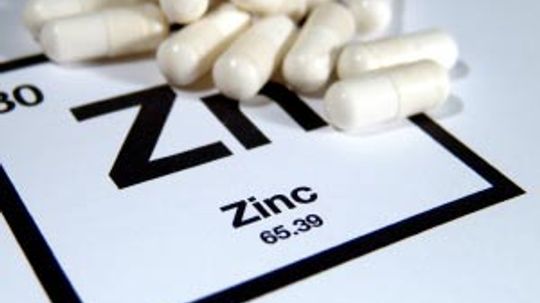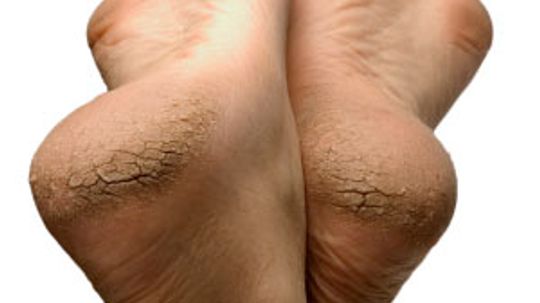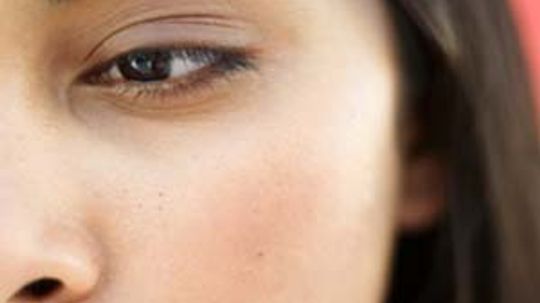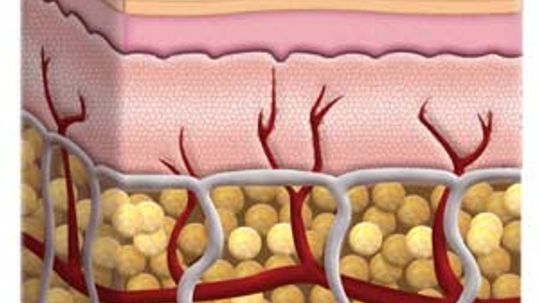Skin Information
Skin information provides great information about skin hygiene and appearance. Learn more about skin information at HowStuffWorks.
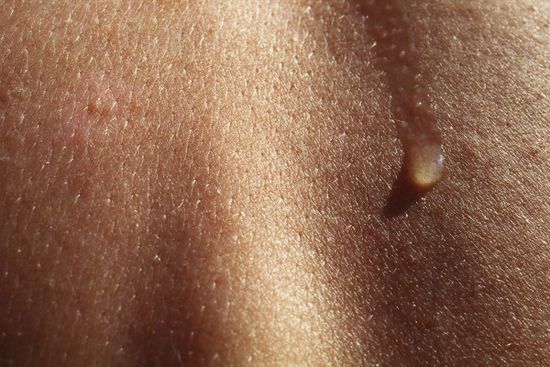
Do vegetarians have smellier sweat than omnivores?
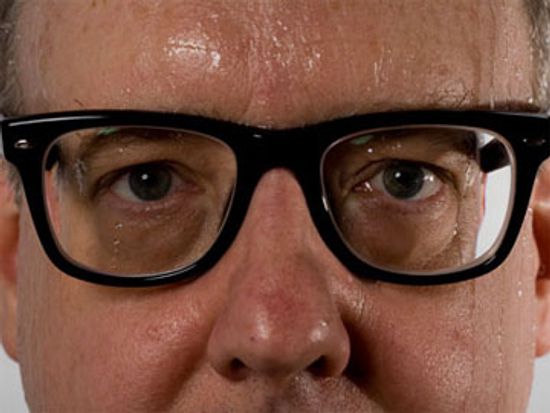
How Sweat Works

5 Ways Your Skin Changes During Adolescence

Why Do Bruises Change Colors as They Heal?
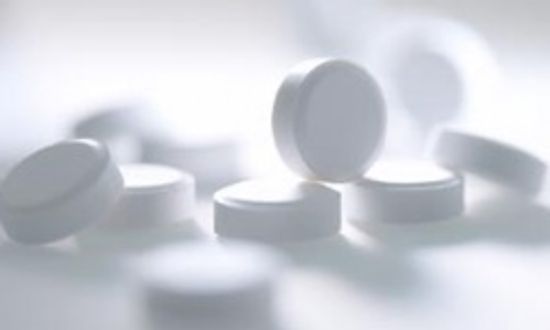
Quick Tips: Does taking an aspirin daily affect your skin?

5 Things to Know About Lactic Acid in Skin Care
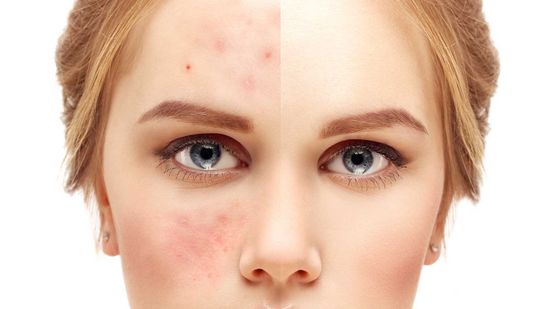
How Can Skin Be Oily Yet Dry?
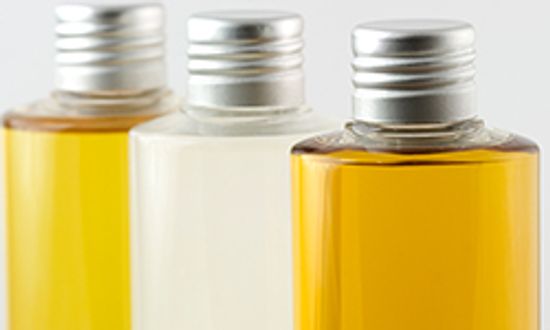
Quick Tips: Are petroleum-based face creams good for sensitive skin?

What is The Difference Between the Skin On Your Face and Your Body?

Quick Tips: 5 Best Fruits to Help Skin
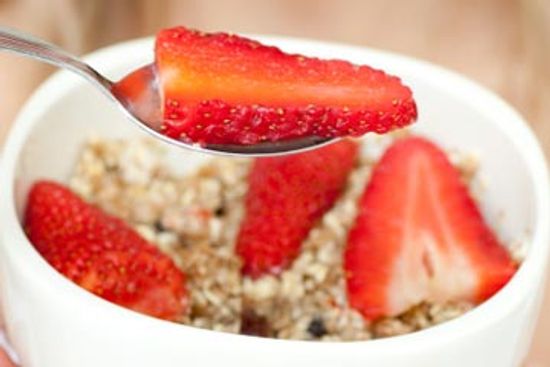
Quick Tips: 5 Ways to Feed Your Skin the Nutrients It Needs
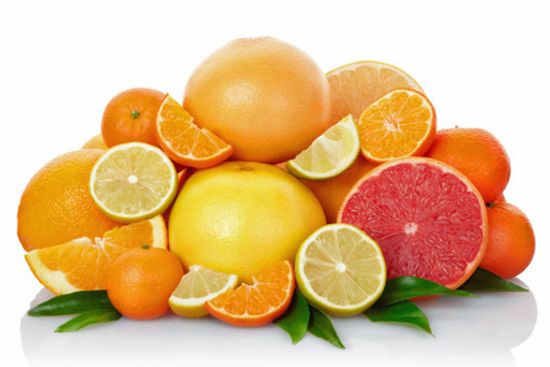
Top 10 Foods for Beautiful Skin
Learn More / Page 2
The skin is an organ and it's the largest one you've got. So it's a good idea to take it in for a checkup. How frequently should you make appointments with your dermatologist?
You saved up money for a special ring for your lady friend, but the one you buy leaves a green stain on her finger. Why in the world did it do that?
You just exercised and worked up a good, healthy sweat -- except that "healthy" rarely smells like industrial strength cleaner, right? Why does sweat sometimes reek of ammonia, and what can you do to stop it?
Advertisement
The old adage you are what you eat makes sense, but the idea that what you smell like depends on what you eat is slightly less self-evident. How can a certain type of food or diet affect your body odor?
By Josh Clark
As you age, your skin loses the fatty tissue and collagen that provide its supple, firm appearance. Could adding certain foods to your diet help reverse this aging process?
Certain foods, including chocolate, peanuts, shellfish and greasy pizza, have a reputation for causing acne, but is there any truth to this?
It's no secret that sugary foods can lead to negative effects like weight gain, but can they affect your brain, too? Find out how a high sugar intake could make you look and feel older.
Advertisement
Contrary to TV commercials that depict them as perpetually soft and smooth, babies can have several skin issues in their first few months of life. But which ones really need treatment?
If you're like most people, you want smooth, healthy skin, but maybe you don't want to wade through hundreds of chemically laden products to get it. That's where antioxidants can help.
Bathing is great for scrubbing away dirt and grime that keep you from looking your best. But washing off too much or with the wrong products can also be harmful to your skin.
Curcumin, the key component of the herb turmeric, has been used for centuries as a food color and dye and as a natural treatment for certain skin problems. But does any scientific evidence back up such uses?
Advertisement
As your body's largest organ, your skin has a tough job of protecting your internal organs from harm. But it does much more than that to keep itself and the rest of your body healthy.
Pregnancy is a time of joy for many mothers, but sometimes it's accompanied by various skin problems. Are they anything to worry about? And will they go away after the baby is born?
Your skin can use all kinds of vitamins to stay healthy, but one -- vitamin D -- is so important that your skin actually produces it. If you aren't getting enough vitamin D, though, it can lead to problems.
Even if you do your best to protect your skin, you probably still encounter environmental factors that could do you harm. What are they, and how can you prepare yourself to prevent their damaging effects?
Advertisement
It's common knowledge that vitamin C strengthens your immune system, but did you know it can also prevent wrinkles and reduce sun damage to your skin?
By Susan Sentry
Vitamin E can help protect your skin from sun damage and harmful free radicals, but you don't need a dietary supplement to get your daily dose of this valuable nutrient.
Vitamins get a lot of press, but they're not the only nutrients that should be on your health radar. To stay healthy, your body also needs certain minerals. One of those crucial minerals, zinc, acts like a 24-hour, on-call skin mechanic.
Dry skin can be itchy, uncomfortable and sometimes painful, but you can make it a thing of the past by understanding what causes it and how to prevent it.
Advertisement
Your skin is your largest organ, and it's constantly shedding skin cells and replacing them -- but how much skin do you really have?
Oily skin is prone to acne and tends to have a constant sheen. Although you can't shrink your pores or prevent your skin from secreting oil, there are ways you can control your oily skin.
If you have oily skin, that waxy substance that makes your face shine, triggers breakouts and causes your makeup to run is sebum. Everyone's skin produces sebum, but what exactly is it, and what does it do?
If your skin gets easily flushed, itchy or irritated, you may have sensitive skin, but what causes this sensitivity, and how can you treat it?
Advertisement
For every hair on your body, there is a corresponding skin pore. We tend not to notice our pores unless they're extra-big or blocked with gunk. What are they for, and how can we keep them looking, well, unnoticeable?
By Tom Scheve
Your skin has three layers that each serves an important purpose. Though you cannot see it, the innermost layer is composed of subcutaneous tissue, an all-important insulator that regulates your body's temperature and protects your insides.
